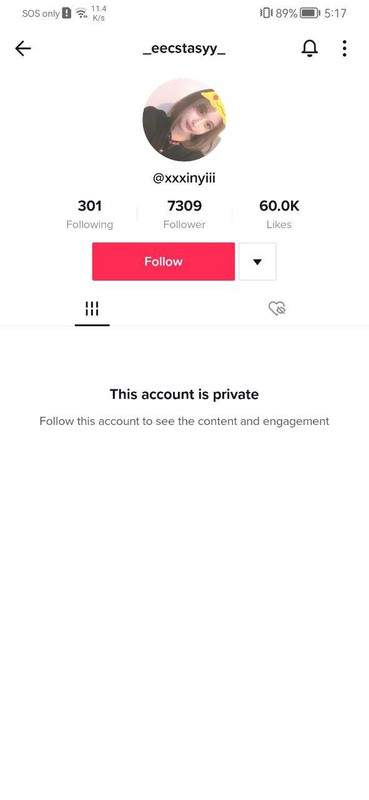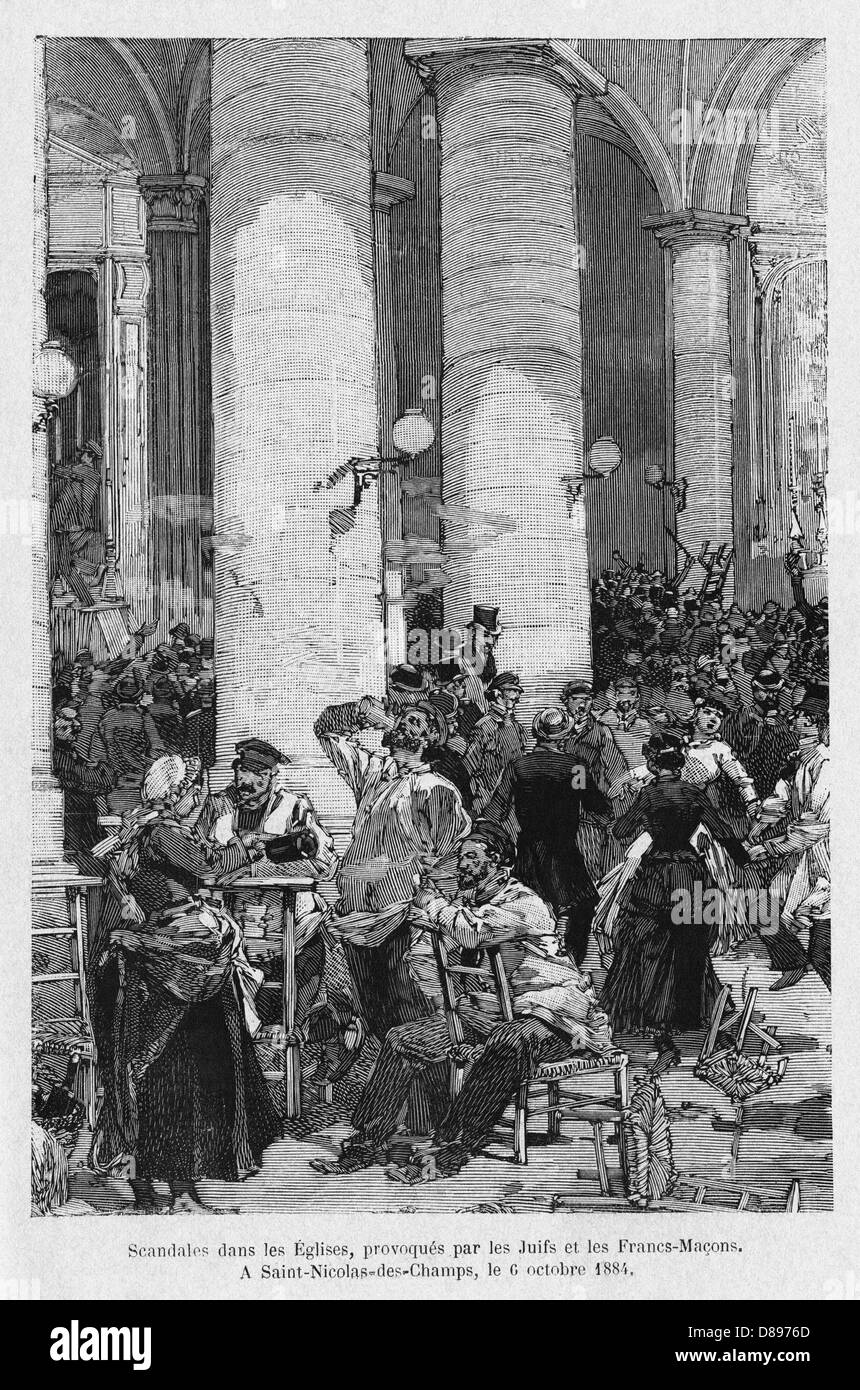Is the recent Meia Cassandra scandal a mere social media spectacle or a deeper commentary on privacy in the digital age? A bold statement must be made here: this incident has sparked widespread debate across online platforms, raising critical questions about consent, public exposure, and the role of influencers in today's hyper-connected world.
The controversy surrounding Meia Cassandra first emerged on March 29, 2024, when an account named sossgals posted content that quickly went viral. The post garnered significant attention, with 4,769 likes and over 100 comments within hours. While the original post claimed association with PROJECT X1 and X2, much of the discussion revolved around leaked material allegedly linked to Meia Cassandra herself. As details unfolded, various threads and discussions proliferated across platforms like Threads, TikTok, and Twitter, each adding layers to what became one of the most talked-about scandals of the year.
| Bio Data & Personal Information | Details |
|---|---|
| Name (Alias) | Meia Cassandra |
| Real Name | [Details Unconfirmed] |
| Date of Incident | March 29, 2024 |
| Platform of Origin | Threads / sossgals_ |
| Career Details | Influencer/Content Creator |
| Professional Affiliations | PROJECT X1 and X2 (claimed) |
| Reference Website | OpenSea Collection |
As the story developed, several key points emerged. One prominent thread questioned whether the individual known as Meia Cassandra was indeed the same person featured on Instagram under different aliases. This confusion fueled speculation and misinformation, leading to further investigation by both amateur sleuths and professional journalists. Meanwhile, the absence of verified photographic evidence added another layer of complexity to the narrative.
On OpenSea, a collection titled Meia Cassandra Scandal was created in April 2024. Although it contained no items at the time, its existence highlighted how such incidents can become commodified in the digital realm. Links circulating on forums and messaging apps directed users to external sites claiming access to exclusive footage. For instance, URLs like were shared widely but often led to dead ends or phishing attempts, underscoring the risks associated with engaging with unverified sources during viral events.
TikTok played a pivotal role in amplifying the scandal. Videos tagged with #MeiaCassandraScandal collectively received millions of views, with creators offering their interpretations, analyses, and even satirical takes on the situation. Among these, a video from @meicassandra3 stood out, receiving 45.6K likes and sparking heated debates among viewers. Comments ranged from outrage over potential violations of privacy to dismissive remarks dismissing the entire episode as clickbait designed to generate traffic.
Meanwhile, Reddit users expressed frustration due to temporary restrictions on uploading videos directly to the platform. Despite this limitation, discussions continued unabated, focusing on ethical considerations surrounding the dissemination of private content without explicit consent. Some argued that holding individuals accountable for sharing illicit material could serve as a deterrent against future breaches, while others emphasized the need for stricter regulations governing social media platforms.
The phrase volta e meia, meaning now and then in Portuguese, resonates strongly in this context. It reflects the recurring nature of scandals involving high-profile personalities or aspiring influencers who find themselves embroiled in controversies. Politicians, celebrities, and ordinary citizens alike have faced similar predicaments throughout history, highlighting humanity's enduring fascination—and sometimes morbid curiosity—about others' missteps.
In response to growing backlash, some accounts previously associated with the scandal deleted their posts or deactivated entirely. Notably, the initial channel responsible for sharing the contentious material reportedly faced bans across multiple platforms. However, alternative channels quickly sprang up, ensuring the continuation of the discourse despite official attempts at suppression.
For those following developments closely, certain patterns began to emerge. First, the rapid spread of information—or misinformation—demonstrated the power dynamics inherent in modern communication systems. Second, the line between entertainment and exploitation blurred significantly, leaving audiences questioning where responsibility lies in preventing harm. Finally, the incident served as yet another reminder of the importance of digital literacy skills, enabling individuals to navigate complex online environments more effectively.
While definitive answers remain elusive regarding the authenticity of the so-called Meia Cassandra scandal, its impact on broader societal issues cannot be ignored. From debates around data protection laws to discussions concerning the ethics of influencer culture, this episode underscores the evolving challenges posed by technology in our increasingly interconnected world.



